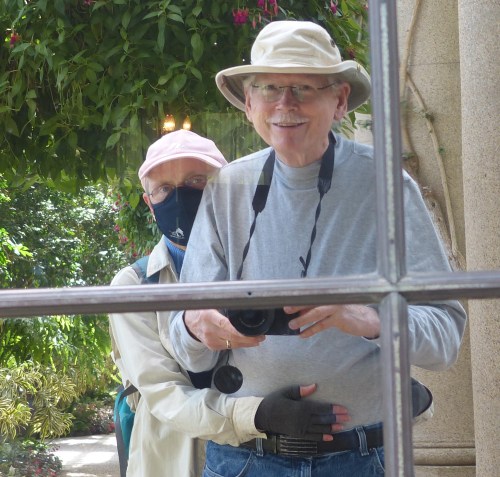Does truth matter anymore?

Better yet, do we realize how difficult it is to say exactly what we want or need to say? This poem from Without a Flight Plan caught my eye yesterday. I can’t get it off my mind…especially given what’s at stake for us here in the USA.
Half truths + Half lies = Lies
And what about real life?
Half-truths
Half-lies
Does it really matter?
Yes means ‘Yes…but’
Not now means ‘maybe
in the sweet by and by’
Mind your manners
Sweeten your voice
Remember who you are not
You do care
About your children
Don’t you?
Or your job
Or your good reputation
Or your life
Sly words
Strung like pearl
Bullets
If you flee
They will find you
In the end
Now….
What did you want
To say?
© 2021 by Elouise Renich Fraser
Poem published in Without a Flight Plan, 2021, page 95
Sometimes I wonder whether we in the USA are looking for truth, or for entertainment. Something that will lull us into the sad belief that everything is going to turn out fine, just fine. Not just everything about upcoming elections this fall, but what’s going on in the rest of the world. To say nothing about constant upheavals of nature and the weather.
I’m not suggesting we should become experts. We already have too many so-called ‘experts’ flooding our news media 24 hours a day. We can, however, become better listeners. Not just to our way of seeing things, but to those who don’t always (or ever) agree with us. Especially those closest to us.
Right now, however, I’m going to stop writing and get back to life in this old house with King David and Prince Smudge. I’d vote for either of them any day. And maybe for you, too!
How are you coping with current realities of this weary world?
Thanks for stopping by.
Elouise♥
© Elouise Renich Fraser, 7 March 2024








